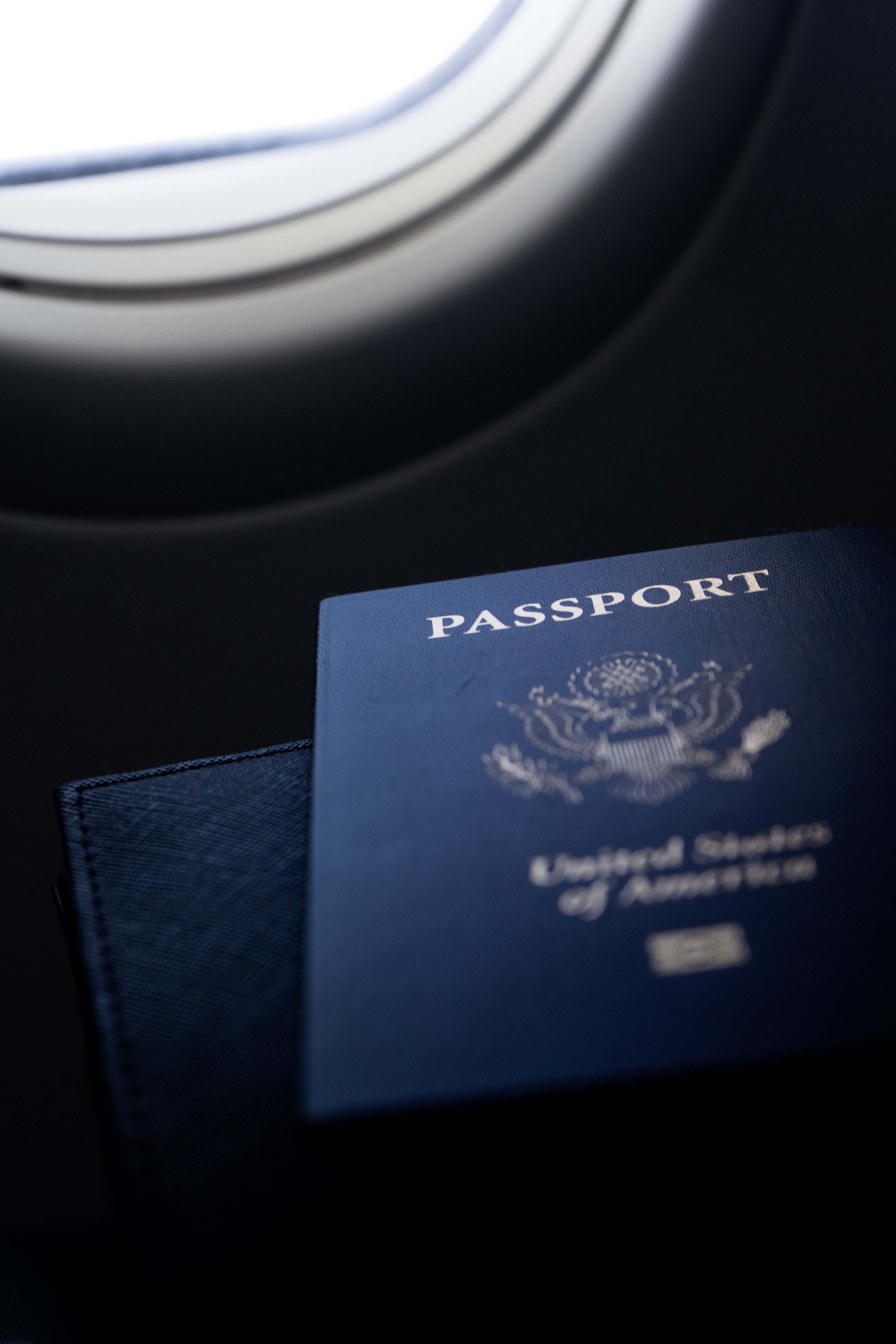In this post we will share with our readers what we know is happening locally with the scheduling of interviews at the San Diego Field Office and oath ceremonies. Please keep in mind that we do not have information about other Field Offices at this time.
Oath Ceremonies
The San Diego Field office will prioritize the scheduling of oath ceremonies in the month of June. These ceremonies will be “drive thru” ceremonies to ensure the health and safety of participants. These ceremonies will take place at two locations that are offsite from the San Diego field office at the Cabrillo National Monument and the City of El Cajon parking lot adjacent to the police department. El Cajon will schedule ceremonies more frequently. Start and end times have not yet been provided for these ceremonies.
We have received information that judges will be present at both oath ceremony locations to address name change issues for participants.
When will the San Diego Field Office open to the public?
The San Diego Field Office will not officially open to the public for interviews until June 21st. However, we have received information that the office is more likely to open to the public in July for interviews. The San Diego Field Office will continue to be open for urgent cases and emergency appointments.
How will the procedure change once offices reopen?
Social distancing procedures will be put in place including installation of plexiglass to separate the interviewing officer from applicants, lines demarcating social distancing, and face mask coverings required to enter the building. The amount of people allowed in the facility will be reduced to comply with social distancing requirements. The San Diego Field Office is exploring extending work hours to allow more interviews to take place. Interviews will take place in person; no remote interviews will be allowed.
 Visa Lawyer Blog
Visa Lawyer Blog











